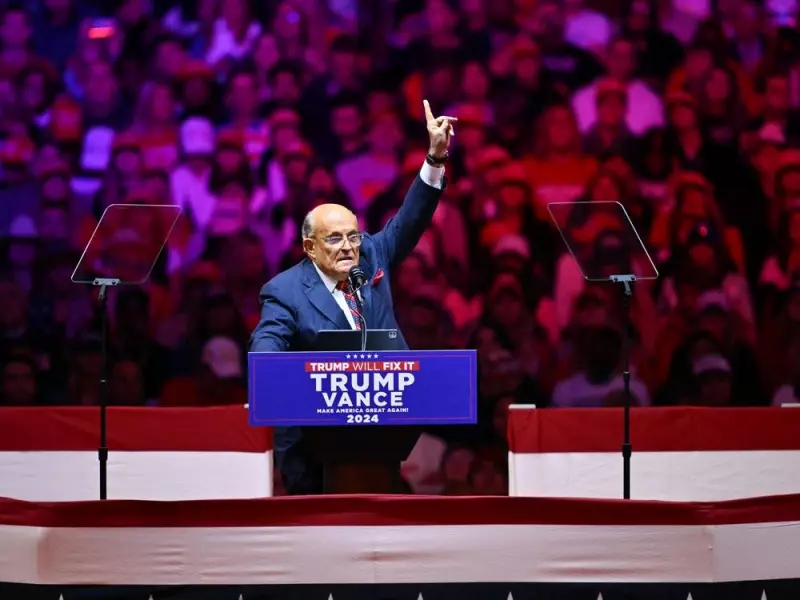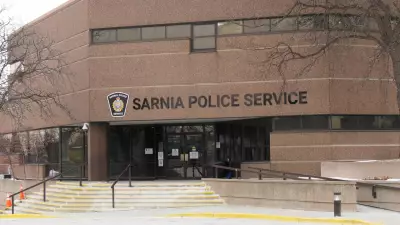
In a significant political move, President Donald Trump has issued pardons to dozens of Republican figures, including his former lawyer Rudy Giuliani, who were central to his efforts to contest the results of the 2020 presidential election. The action, announced on November 10, 2025, is largely symbolic, as the clemency applies only to federal crimes, and none of the individuals listed have been charged at that level for their election-related activities.
Who Received the Pardon?
The list, published by U.S. pardon attorney Ed Martin, includes prominent Trump supporters such as former White House chief of staff Mark Meadows and attorneys Sidney Powell and John Eastman. It also encompasses individuals who served as "alternate electors" in states won by former President Joe Biden.
The pardon grant offers a "full, complete, and unconditional pardon" for actions tied to the creation of these alternate elector slates and for any conduct relating to efforts to expose alleged voting fraud and vulnerabilities in the 2020 election. Notably, the clemency is described as applying to "all United States citizens" who engaged in these activities, not just those specifically named.
A Political Statement from the White House
White House Press Secretary Karoline Leavitt strongly defended the pardons, stating that those receiving them had been "persecuted and put through hell" by the Biden administration. She framed the prosecutions as an overreach, equating them with tactics used in "communist Venezuela." Leavitt asserted that President Trump is putting an end to the Biden Regime’s communist tactics once and for all.
This is the latest in a series of actions by Trump to protect allies involved in the events following the 2020 election. On the first day of his second term, he granted clemency to more than 1,500 people associated with the January 6, 2021, attack on the U.S. Capitol.
Limitations and Legal Context
It is crucial to understand the limitations of this presidential power. A presidential pardon applies only to federal crimes. This means Trump's clemency does not affect any ongoing or potential state-level prosecutions. For instance, Mark Meadows is still facing charges in Georgia over allegations he organized calls urging state officials to find votes for Trump.
The legal efforts to challenge the 2020 election, led by Giuliani and Powell, involved pressuring legislatures in seven battleground states won by Biden to appoint pro-Trump electors. These efforts were based on allegations of widespread voter fraud that were repeatedly dismissed in courts and deemed unfounded.
This pardon act reinforces the deep political divisions surrounding the 2020 election and signals continued support from Trump for those who backed his unprecedented attempt to remain in power.





